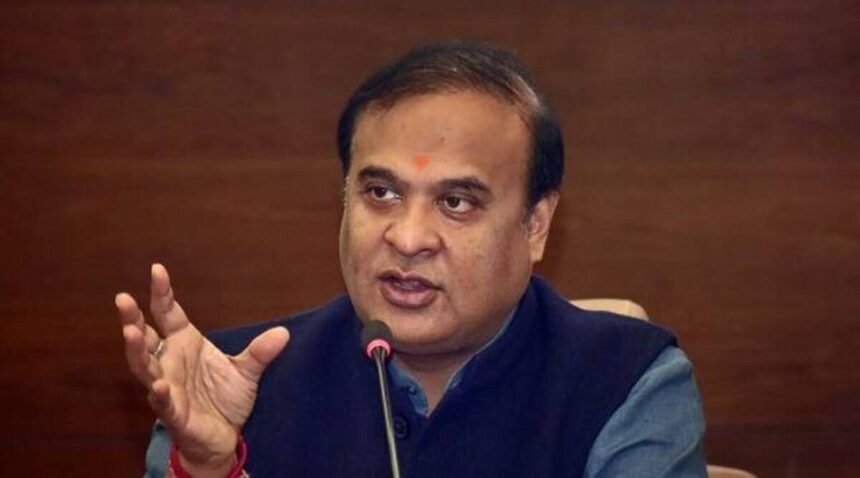Assam Chief Minister Himanta Biswa Sarma made a significant announcement, stating his aim to completely withdraw the controversial Armed Forces (Special Powers) Act (AFSPA) from the entire state by the end of the year. Addressing a Commandants Conference, he expressed his intention to involve ex-military personnel in training the police force.
Presently, eight districts in Assam are under AFSPA, which grants special powers to security forces, including the authority to conduct operations and make arrests without a warrant, as well as providing immunity from arrest and prosecution in the event of fatalities.
The power to withdraw AFSPA from a state lies with the Union government. However, Chief Minister Sarma aims to facilitate the replacement of the Central Armed Police Forces (CAPF) with Assam Police Battalions. He emphasized that the presence of CAPFs, as required by law, would be maintained. The declaration of Assam as a “disturbed area” under AFSPA occurred in November 1990, and the law has been extended every six months since then.
Critics, including human rights activists, have frequently alleged misuse of AFSPA, pointing to instances of arbitrary arrests, house raids, and even shootings. Chief Minister Sarma, citing improvements in the state’s law and order situation over the past two years, has consistently advocated for the complete withdrawal of AFSPA.
He has been proactive in resolving border disputes with neighboring states, declaring that the dispute with Arunachal Pradesh has been fully resolved, while agreements have been reached for six out of twelve disputed areas with Meghalaya. Talks for the remaining areas are set to commence next month.
Last year, Union Home Minister Amit Shah assured the withdrawal of AFSPA from Assam, praising the relentless efforts of the Assam police in restoring peace to the state. Chief Minister Sarma’s latest announcement aligns with the ongoing efforts to create a conducive environment for the gradual withdrawal of AFSPA.
While the process is subject to the decision of the Union government, the Chief Minister’s proactive stance and emphasis on improving law and order reflect his commitment to achieving a peaceful and secure Assam.
If the complete withdrawal of AFSPA from Assam materializes by November, it will mark a significant milestone in the state’s journey toward normalcy, while ensuring that the necessary security arrangements are in place. The involvement of ex-military personnel in training the police force indicates a comprehensive approach to strengthening law enforcement capabilities.
Assam’s progress in resolving border disputes also contributes to a stable and harmonious environment. The upcoming months will be crucial in assessing the progress made and the ultimate realization of the Chief Minister’s vision for an AFSPA-free Assam.
